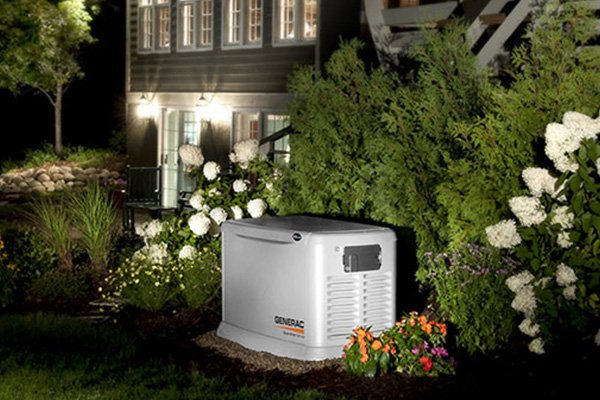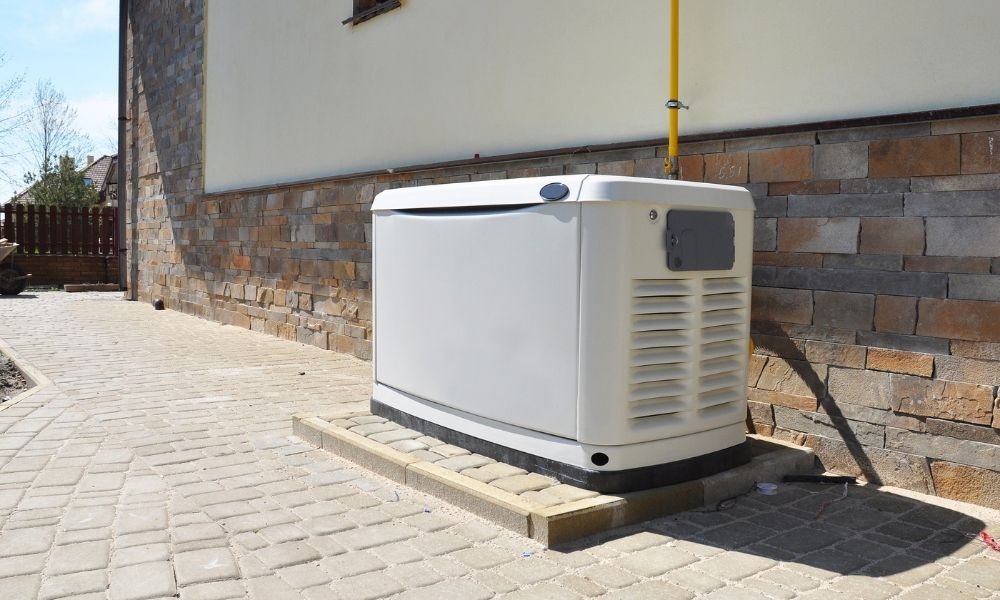Unexpected power outages can disrupt daily life, leaving homeowners without essential appliances, heating, or security systems. Severe weather, infrastructure failures, and natural disasters can strike anytime, making a reliable backup power source crucial. A generator can provide peace of mind, ensuring a home remains functional when the grid goes down. However, with so many options available, making an informed decision requires careful planning.
Choosing the right generator involves more than just picking the most powerful model. Homeowners must assess their energy needs, consider fuel options, and evaluate installation requirements. By understanding the key factors that contribute to an adequate power backup solution, they can make an investment that keeps their household running smoothly during unexpected outages.
1. Assessing Power Needs
The first step in selecting a backup power solution is determining the household’s energy requirements. Every home has different priorities—some may need to keep refrigerators, medical devices, and lighting operational, while others require additional power for heating, cooling, or entertainment systems.
A simple way to estimate power needs is by listing essential appliances and their wattage. Adding up these values provides an idea of the generator capacity required. Some systems can handle an entire household, while smaller units are designed to power only a few devices. A professional electrician can also help homeowners determine the correct size based on their situation.
2. Fuel Options and Efficiency
With power needs determined, the next factor to consider is fuel type. Generators run on different fuel types, each with its advantages and drawbacks. The most common choices include gasoline, diesel, propane, and natural gas. Homeowners should consider availability, storage, and efficiency when selecting a fuel type.
Gasoline-powered units are often the most accessible but require frequent refueling. Diesel models are more fuel-efficient and durable, though they can be noisier. Propane and natural gas options provide cleaner operation and long-term fuel storage, making them ideal for standby systems. The best choice depends on budget, local fuel access, and personal preferences.

3. Choosing the Best Backup Power Start
Beyond fuel selection, the type of generator also impacts reliability and convenience. Backup power solutions come in two main types: standby and portable models. Standby systems are permanently installed and automatically switch on when an outage occurs. These are ideal for homeowners looking for a hands-free, uninterrupted power supply.
Portable units, on the other hand, require manual setup and activation. While they offer flexibility and affordability, they also demand more effort during emergencies. Those prioritizing convenience and reliability may find an automatic standby unit is the better long-term investment.
4. Professional Support and Maintenance Services
Owning a generator is just the beginning—proper maintenance ensures long-term performance. Purchasing a generator is the first step; keeping it in peak condition is equally important. Homeowners should seek reliable providers who offer expert guidance, professional installation, and maintenance services. A trusted supplier can help select the right unit, install it safely, and provide ongoing support.
Regular servicing is crucial for those relying on a backup power system to ensure functionality during emergencies. Professional technicians can inspect key components, perform necessary repairs, and offer replacement parts. Partnering with experts ensures that a generator remains a dependable power source for years.
5. Installation and Safety Considerations
Along with maintenance, safe installation is key to efficient operation. Proper installation plays a significant role in how well a generator functions. Standby models, in particular, require expert setup to integrate with a home’s electrical system. This process involves wiring, fuel connections, and compliance with local safety regulations.
Generators should be installed in well-ventilated outdoor areas to prevent carbon monoxide buildup. Homeowners should also ensure that their chosen unit meets all local codes and manufacturer recommendations. Investing in professional installation eliminates risks and enhances long-term reliability.
Choosing the right generator is essential for homeowners looking to safeguard their homes from unexpected power outages. They can find a solution that provides consistent backup power by evaluating energy needs, selecting an appropriate fuel type, and considering installation requirements. Working with an experienced supplier further ensures that the system remains reliable and well-maintained for long-term use.







